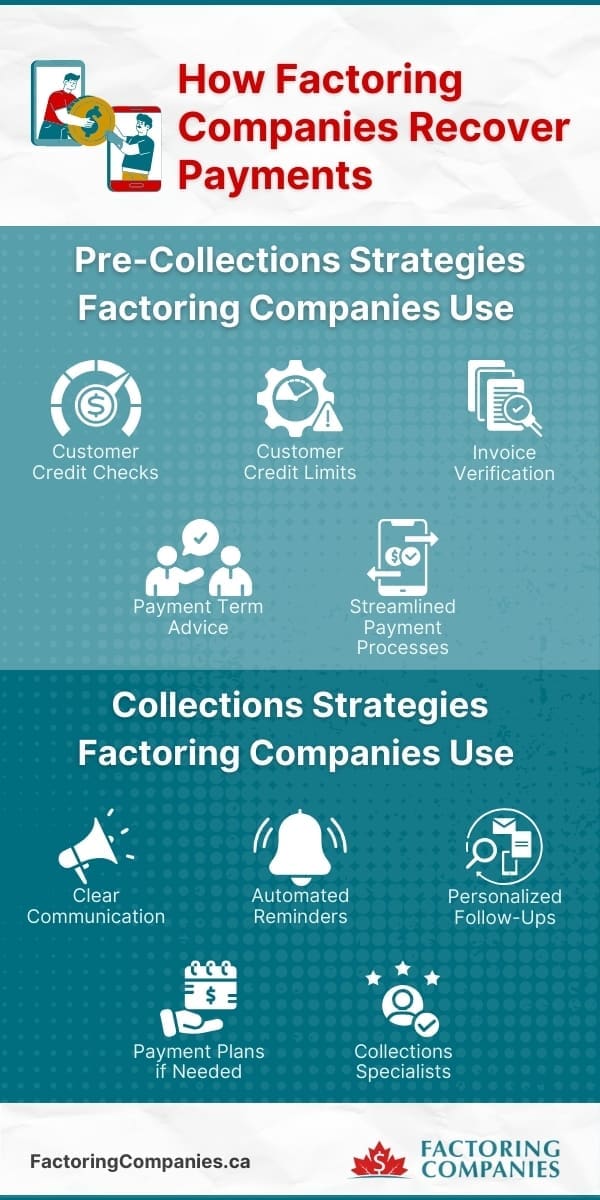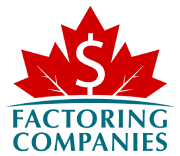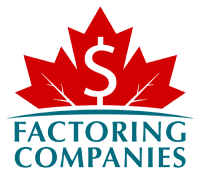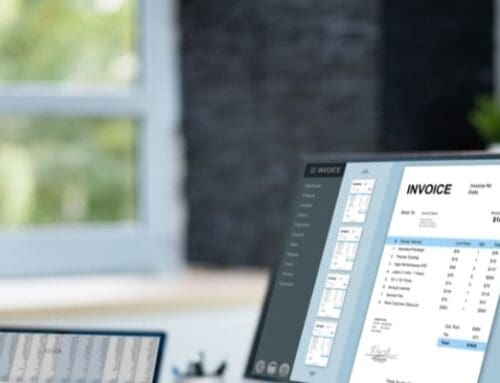
You’ve worked hard to build great client relationships. Will factoring companies treat them with the same care? It’s a valid question. After all, your clients trust you, and the idea of handing over collections to a third party can feel risky. What if the factoring company is too aggressive? What if they confuse or upset your clients? These concerns are common, but the truth about how factoring companies manage payments and collections may surprise you. In this article, we’ll break down the factoring debt collection process, including how factoring companies interact with your clients, the strategies they use to ensure smooth collections, and what happens if payments don’t come through.
Who Pays Who in the Factoring Equation
The flow of money might seem a bit complex in a factoring agreement, but it’s actually pretty straightforward when you break it down. Here’s how the money moves and who pays whom at each step.
1. You Invoice Your Customer
This is the starting point. Let’s say you’ve delivered goods or services and issued an invoice to your customer. That invoice becomes your asset. It’s the amount your customer owes you, but they might take days or weeks to pay.
2. You Sell the Invoice to a Factoring Company
Instead of waiting for your customer to pay, you sell the invoice to a factoring company.
The factoring company advances you a portion of the invoice value upfront, typically 80 to 90 percent. This is the first payment in the factoring equation, and it goes directly to you.
For example, let’s say you issue a $10,000 invoice. With an 85 percent advance rate, the factoring company advances $8,500 right away.
3. The Customer Pays the Factoring Company
Once the factoring company owns the invoice, your customer’s payment obligation is transferred to them.
The customer pays the factoring company the full invoice amount based on the original terms you set, such as net 30 or net 60, meaning they pay in 30 or 60 days, respectively. It’s important to communicate this clearly to your customer to avoid confusion.
4. The Factoring Company Pays You the Remaining Balance
After deducting their fees, the factoring company releases the remaining balance of the invoice to you. This is often referred to as the “reserve.”
For instance, if the factoring fee is two percent, it would be $200 in this case. When the customer pays the full $10,000 to the factoring company, they release the remaining $1,300 to you ($1,500 reserve minus the $200 fee).
Pre-Collections Strategies Factoring Companies Use to Reduce Risk
Factoring companies are experts at managing risk long before a debt becomes an issue. By employing pre-collection strategies, they improve the likelihood of successful payments and ensure smoother transactions for everyone involved. Let’s dive into some of the tools and techniques they use to protect your business and optimize collections.
Credit Checks on Your Customers
Before advancing funds, factoring companies evaluate the creditworthiness of your customers. They look at things like:
- Payment history
- Credit scores (business credit, in particular)
- Public financial records
If a customer has a poor payment history or signs of financial trouble, the factoring company may decline the invoice or adjust the advance rate. This protects you from working with unreliable clients.
Setting Credit Limits for Customers
Factoring companies often establish credit limits for your customers based on their financial health. These limits help ensure you don’t overextend credit to high-risk clients, reducing the chance of bad debt and providing you with an extra layer of financial insight. Your factoring partner helps you make smarter decisions about who to do business with and on what terms.
Verifying Invoices and Purchase Orders
Factoring companies verify that invoices are accurate and match the terms agreed upon with your customer. They may also confirm that goods or services were delivered and accepted. This eliminates disputes early on and streamlines the collection process. The fewer surprises, the faster payments flow.
Advising on Payment Terms
Many factoring companies help you structure payment terms that are both competitive and practical. They might recommend offering discounts for early payment or setting terms that match your customer’s typical cash flow cycle. Payment terms aligned with customer preferences reduce the likelihood of late payments, making collections easier down the road.
Streamlined Payment Processes
Some factoring companies set up systems to make it easier for your customers to pay. For example:
- Offering multiple payment methods (e.g., EFTs, credit cards, cheques)
- Setting up online portals for tracking and payments
These systems reduce friction for your customers, leading to faster, more reliable payments.
How Factoring Companies Collect Debts
Once the invoice is sold to a factoring company, the responsibility for collecting payment shifts from you to them. Factoring companies are experts at efficient and professional collections, ensuring they get paid while preserving your client relationships. Here’s how they do it.
Clear Communication from the Start
The factoring company notifies your customer that their payment should now be sent directly to them. This step is crucial to avoid confusion and ensure timely payments. The message is always polite and professional to protect your client relationships.
Automated Reminders
Factoring companies use automated systems to remind customers of upcoming due dates. These reminders are often sent at regular intervals, such as seven days before, one day before, and the day the payment is due. This keeps payments on track without putting pressure on your customer.
Personalized Follow-Ups
If a payment is late, the factoring company follows up with tailored communication. This often includes a friendly email or phone call for the first follow-up, and then gradual escalation, with increasingly firm messaging if the invoice remains unpaid.
This approach is particularly effective because many late payments are unintentional, caused by oversight or miscommunication. A gentle but consistent approach resolves most issues.
Payment Plans for Struggling Customers
If your customer is facing genuine financial hardship, the factoring company may negotiate a payment plan. Flexibility like this often leads to full payment over time rather than the risk of default.
Dedicated Collections Specialists

Factoring companies employ skilled collections specialists who know how to recover funds without damaging relationships. These specialists:
- Use a professional yet empathetic tone
- Navigate disputes or disagreements with tact
- Ensure that your business remains in good standing with the customer
What Happens if Your Client Doesn’t Pay
Nationally, around seven percent of invoices are written off as bad debt, per Atradius. Even with the best pre-collection strategies and professional collections processes, there’s always a chance a client won’t pay. When this happens, factoring companies follow a clear process to minimize losses and manage risk. Let’s explore what happens and how it impacts you.
Recourse vs. Non-Recourse Factoring
The biggest factor determining your level of risk in unpaid invoices is whether your factoring agreement is recourse or non-recourse. Let’s break down the difference.
Recourse Factoring
With recourse factoring, you are responsible for repaying the factoring company if your client doesn’t pay. Each factoring company has different rules for this. However, it typically means you’ll substitute an invoice of equal balance in its place or pay the balance back.
Recourse factoring is a popular choice because it typically comes with lower fees because the factoring company takes on less risk.
Non-Recourse Factoring
With non-recourse factoring, the factoring company assumes the risk of non-payment if your client defaults, provided the default is due to insolvency. Because the factoring company takes on more risk, non-recourse agreements often come with higher fees. This means it’s not quite as popular as recourse factoring, though it can prove invaluable for some businesses.
Legal Actions in the Factoring Debt Recovery Process

Risk mitigation, credit management, and effective communication all help to ensure that payment recovery doesn’t become a concern. In fact, experienced factoring companies typically view top-notch customer care as a non-negotiable service. In treating your customers right, they’re helping your business grow, and the health of their business depends on that.
Because of this unique relationship, factoring companies will often do everything in their power to work with someone on payment before escalating the issue. As we’ve discussed, however, there’s always some chance a customer won’t pay their bill. Whether or not any legal action is taken depends on the structure of your factoring agreement.
Recourse Factoring
As discussed, you’re responsible for making good on the debt if you have a recourse factoring agreement and your customer doesn’t pay. Factoring companies won’t generally take any legal action in these situations.
For instance, let’s say your client has net 60 terms, meaning they’re supposed to pay their bill within 60 days. Your factoring agreement will specify how long the factoring company will keep attempting to collect. In this example, we’ll say the agreement is 90 days. Starting from just before the invoice is due, all the way until day 90, the factoring company will keep working with your client to encourage payment. Once that term is up, the invoice comes back to you. You’ll likely submit a new invoice to the factoring company in its place, and then you’ll decide what you want to do about the unpaid invoice. You can continue working internally to collect the balance and the account over to collections or even take legal action if it seems appropriate to do so.
Non-Recourse Factoring
It’s important to note that non-recourse agreements have limitations. For instance, you’ll usually be protected if a client cannot or does not pay. However, if a client disputes the invoice, it’s usually handled like it’s part of a recourse agreement. The invoice comes back to you to resolve with the customer.
In situations where a non-recourse agreement is in place, and the customer isn’t disputing it, you will not generally have any involvement after you receive your cash. The factoring company, however, will likely continue its collections activities. Depending on the situation, it may take legal action to collect from the customer.
Give Your Customers Top-Notch Care with an Experienced Factoring Company
Experienced factoring companies do a lot of work before issuing a factoring advance to ensure the payment process will be a breeze for your customers. Because of this, working with a tenured factor is essential to maintaining customer satisfaction throughout the collections process. If you’d like to be matched with a factoring company that has an excellent track record with businesses and clients alike, request a complimentary rate quote.
Factoring Debt Collection FAQs
How do factoring companies handle overdue invoices?
Factoring companies use a mix of automated reminders, follow-up communications, and personalized collections efforts to recover overdue invoices. They escalate their approach if needed, starting with friendly reminders and progressing to firm but professional follow-ups to encourage payment.
What is the difference between recourse and non-recourse factoring?
Recourse factoring means you repay the factoring company if your client doesn’t pay. Non-recourse factoring shifts this risk to the factoring company, but it only covers non-payment due to insolvency, not disputes or other issues. Non-recourse factoring usually involves higher fees.
Do factoring companies take legal action to recover unpaid debts?
Factoring companies rarely take legal action under recourse agreements, as the responsibility shifts back to you. For non-recourse agreements, they may pursue legal remedies if the debt is significant and the client’s insolvency warrants it.
How long do factoring companies work on collecting an unpaid invoice?
Factoring companies typically attempt to collect overdue invoices for 30 to 90 days after the invoice's due date. If the payment isn’t recovered within this time, the invoice is returned to you under recourse factoring terms.
What strategies do factoring companies use to avoid payment issues?
Factoring companies use business finance strategies such as credit checks on your clients, verifying invoices and purchase orders, setting credit limits, and offering guidance on payment terms. These proactive approaches reduce the risk of disputes and non-payment, helping your cash flow remain steady.
Can a factoring company return an unpaid invoice to my business?
Yes, in recourse factoring, the factoring company returns unpaid invoices to you after their collection efforts are exhausted. You are then responsible for resolving the debt directly with your client. In certain circumstances, an invoice covered by a non-recourse agreement may be returned to you as well.
How do factoring companies collect payments from my clients?
Factoring companies notify your clients of payment instructions, send automated reminders, and use professional follow-ups to collect payments. They may also provide convenient payment options, such as online portals or electronic fund transfers.
What protections do factoring companies offer against non-payment?
Non-recourse factoring protects against non-payment due to client insolvency. Additionally, factoring companies use credit checks and payment monitoring to identify and address risks early, reducing the likelihood of non-payment overall.

About Factoring Companies Canada
Related Articles
Get an instant factoring estimate
Factoring results estimation is based on the total dollar value of your invoices.
The actual rates may differ.
CLAIM YOUR FREE FACTORING QUOTE TODAY!
PREFER TO TALK?
You can reach us at
1-866-477-1778
Get an instant factoring estimate
Factoring results estimation is based on the total dollar value of your invoices.
The actual rates may differ.
CLAIM YOUR FREE FACTORING QUOTE TODAY!
PREFER TO TALK? You can reach us at 1-866-477-1778









